
Aromatase inhibitors, also referred to as AIs, are drugs predominantly used in the treatment of breast cancer in post-menopausal women. Rapidly advancing scientific research continues to underscore the crucial role of these unique drugs in medicine, specifically oncology.
The term ‘aromatase inhibitors’ references a class of drugs that works by reducing the levels of estrogen – a hormone in the human body. Estrogen is known to stimulate certain types of breast cancer cells to grow, and by lowering levels of this hormone, AIs help to slow or stop the growth of these cancer cells.
Understanding the Role of Aromatase Enzyme
The aromatase enzyme is an integral part of our body’s hormonal system. It transforms androgens, male sex hormones, into estrogens, female sex hormones. While this is a natural and essential process, sometimes the balance can be skewed.
Imbalances in aromatase can lead to health issues, particularly when the enzyme results in high estrogen levels. In women, too much estrogen can contribute to the development of breast cancer. In men, it can lead to issues such as gynecomastia (enlarged breasts), infertility, and increased prostate cancer risk.
Definition of Aromatase Inhibitors
Aromatase inhibitors are a class of drugs that play a crucial part in the management of estrogen receptor-positive breast cancer in postmenopausal women. These drugs inhibit the action of the aromatase enzyme, slowing the conversion of androgens into estrogen.
The scientific and medical implications of these drugs are wide, particularly in the field of oncology. AIs are key in hormonal therapy for certain types of breast cancer and have played a pivotal role in improving survival rates amongst cancer patients.
The Mechanism of Action of Aromatase Inhibitors
Aromatase inhibitors work by blocking the production of estrogen in postmenopausal women. They bind to the aromatase enzyme and prevent it from converting androgen into estrogen. By decreasing estrogen levels, these drugs starve hormone receptor-positive breast cancer cells, slowing or stopping their growth.
So integral are these drugs to hormone regulation that they are often a mainstay of therapy courses, particularly in managing hormone-sensitive conditions like certain types of breast cancer.
Uses of Aromatase Inhibitors in Healthcare
Aromatase inhibitors have found significant use in treating hormone-receptor-positive breast cancer. They can be used alone or in combination with other treatments, and they have been proven effective in reducing the risk of breast cancer recurrence in postmenopausal women.
Other than breast cancer, AIs have shown promise in treating endometriosis and gynecomastia in men, as well as fertility issues. They are also currently being investigated for potential use in treating other types of cancers and medical conditions.
Get to know us better
If you are reading this, you are in the right place – we do not care who you are and what you do, press the button and follow discussions live

The Effectiveness and Potential Side Effects of Aromatase Inhibitors
Studies have shown aromatase inhibitors to be highly effective in treating hormone-receptor-positive breast cancers, often more so than tamoxifen, a drug that works similarly, but has a different mechanism of action.
While AIs are generally well-tolerated, they do carry potential side effects. These may include hot flashes, joint pain, and an increased risk of bone thinning. It’s important to have a candid discussion with the healthcare provider about these potential side effects and ways they can be managed effectively.
Conclusion
Understanding aromatase inhibitors is crucial to appreciating the strides made in oncology and women’s health in particular. These powerful drugs have transformed breast cancer treatment by regulating hormonal balance and targeting hormone-receptor-positive cancer cells.
Aromatase inhibitors underscore the dazzling and intricate interplay of hormones within our bodies and how subtle disruptions can lead to significant consequences. Their continued use and research promise to bolster future medical interventions, reinforcing the importance of hormonal therapy in healthcare.
Five Unique FAQs
- What exactly are aromatase inhibitors and how do they work?
Aromatase inhibitors are drugs that inhibit the action of the aromatase enzyme, which transforms androgens into estrogens. By inhibiting this enzyme, these drugs reduce estrogen levels, useful in treating estrogen-sensitive conditions like certain types of breast cancer.
- Who is a suitable candidate for treatment with aromatase inhibitors?
Aromatase inhibitors are typically prescribed to postmenopausal women with hormone receptor-positive breast cancer. However, they may also be used in treating other conditions in consultation with a healthcare provider.
- What types of medical conditions can be treated with aromatase inhibitors?
Besides breast cancer, aromatase inhibitors have also been used to treat conditions like endometriosis, fertility issues, and gynecomastia in men.
- Are there any side effects in taking aromatase inhibitors and how can they be managed?
Yes, aromatase inhibitors may have side-effects, including hot flashes, joint pain, and a higher risk of bone thinning. It’s crucial to discuss potential side effects with your healthcare provider, who will recommend strategies to manage them.
- Are aromatase inhibitors beneficial only in healthcare or do they have other applications?
While their primary use is in healthcare, particularly oncology, ongoing research is investigating their potential use in other medical and perhaps non-medical applications.






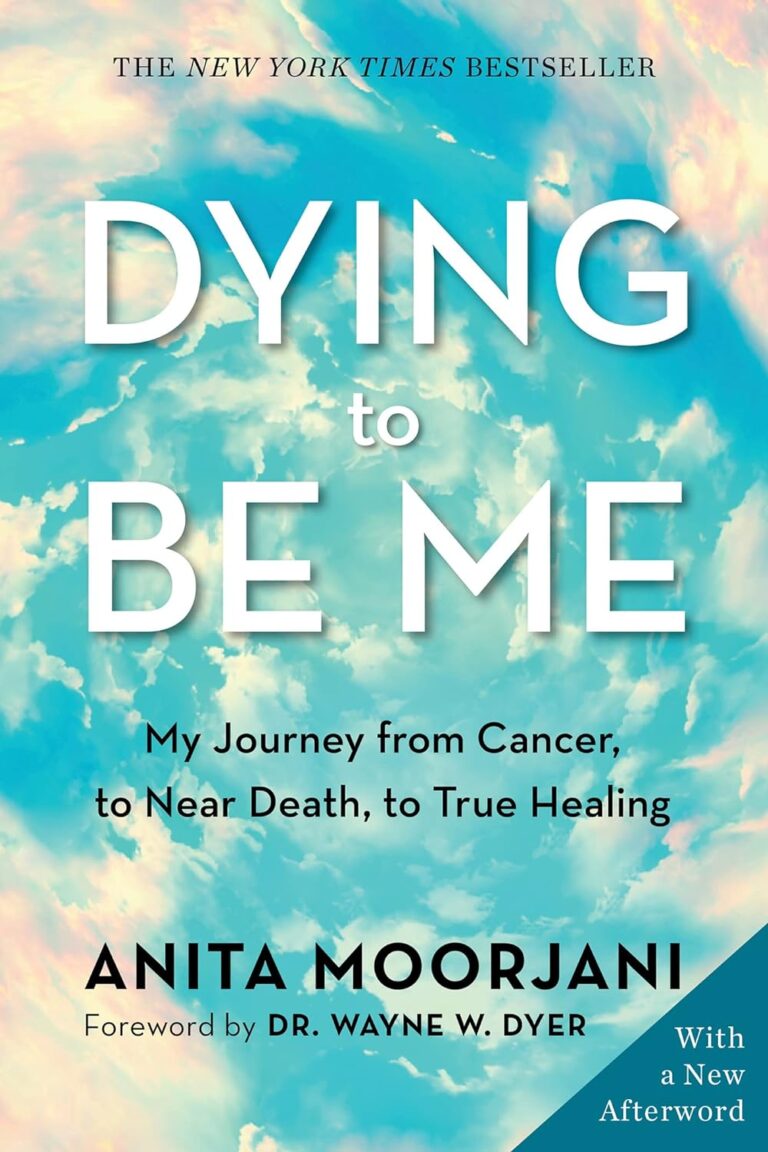
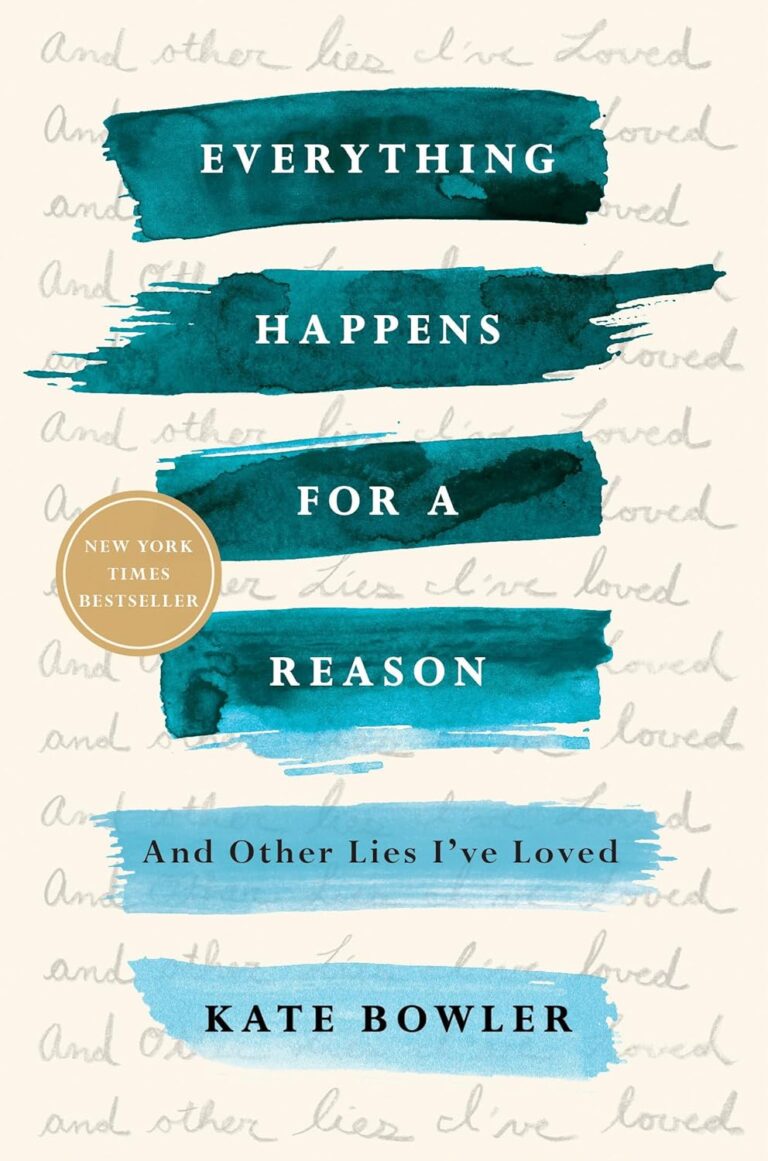
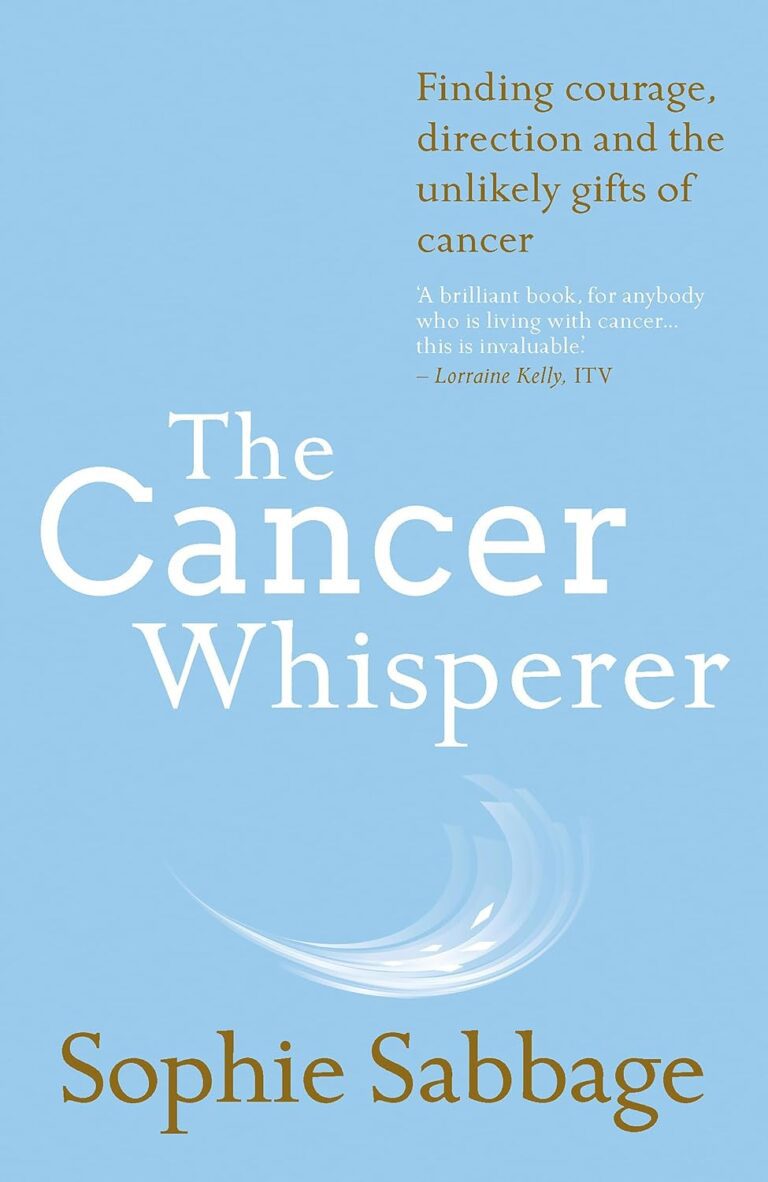

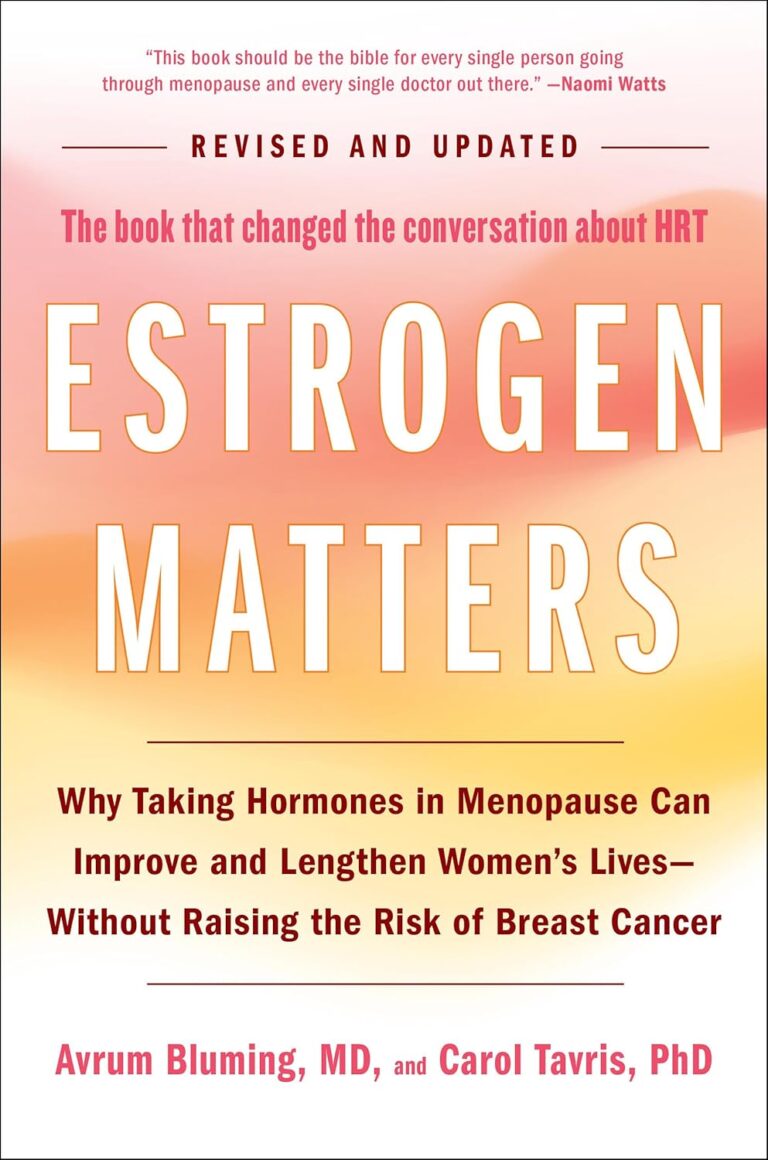
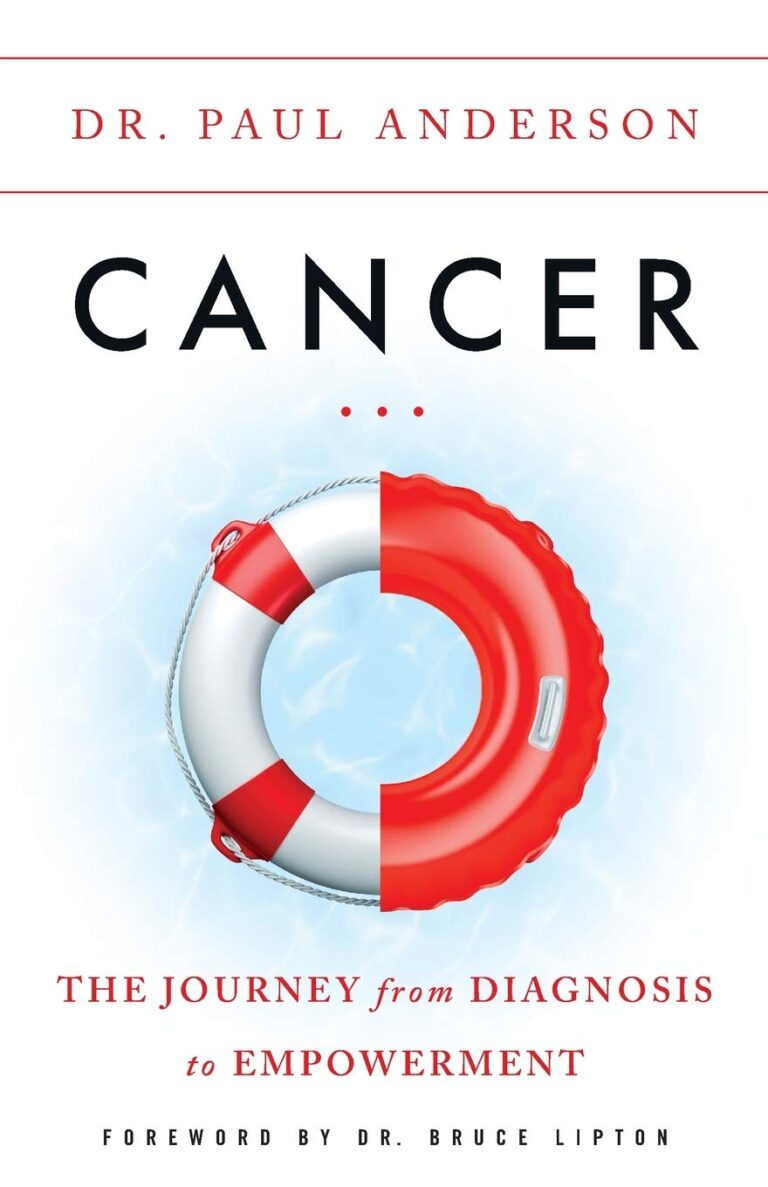



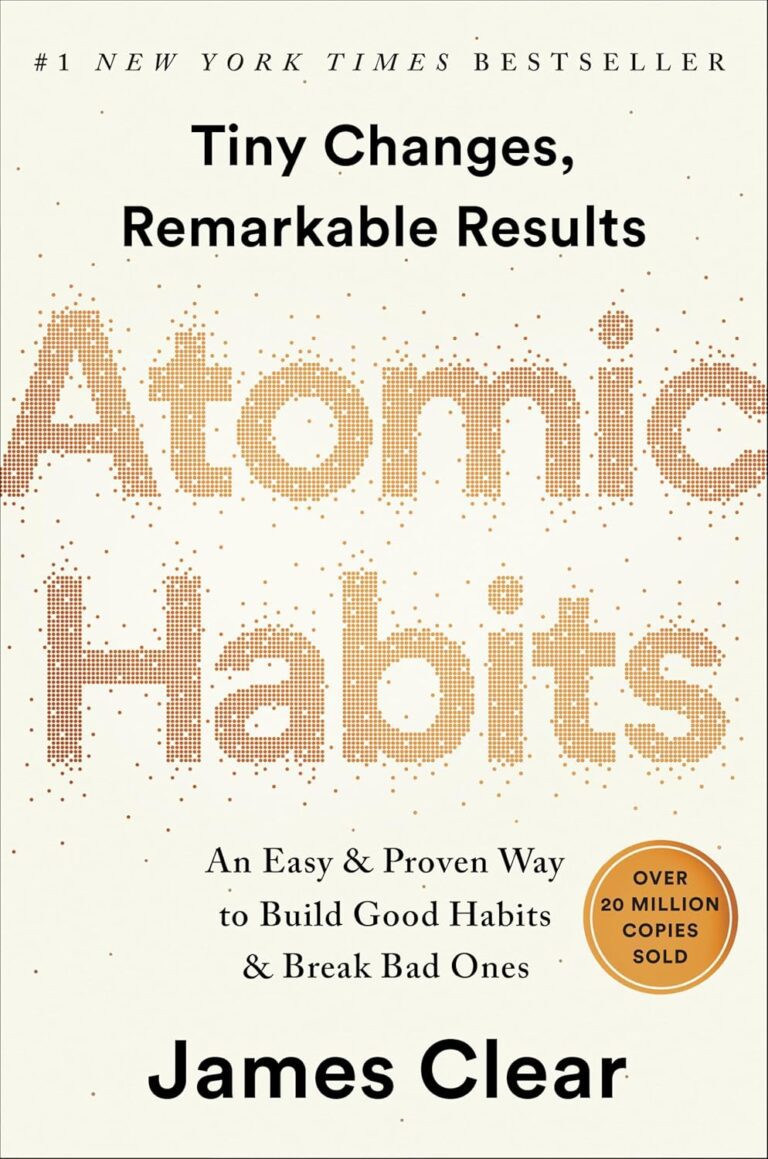

Comments
Thank you. Comment sent for approval.
Something is wrong, try again later